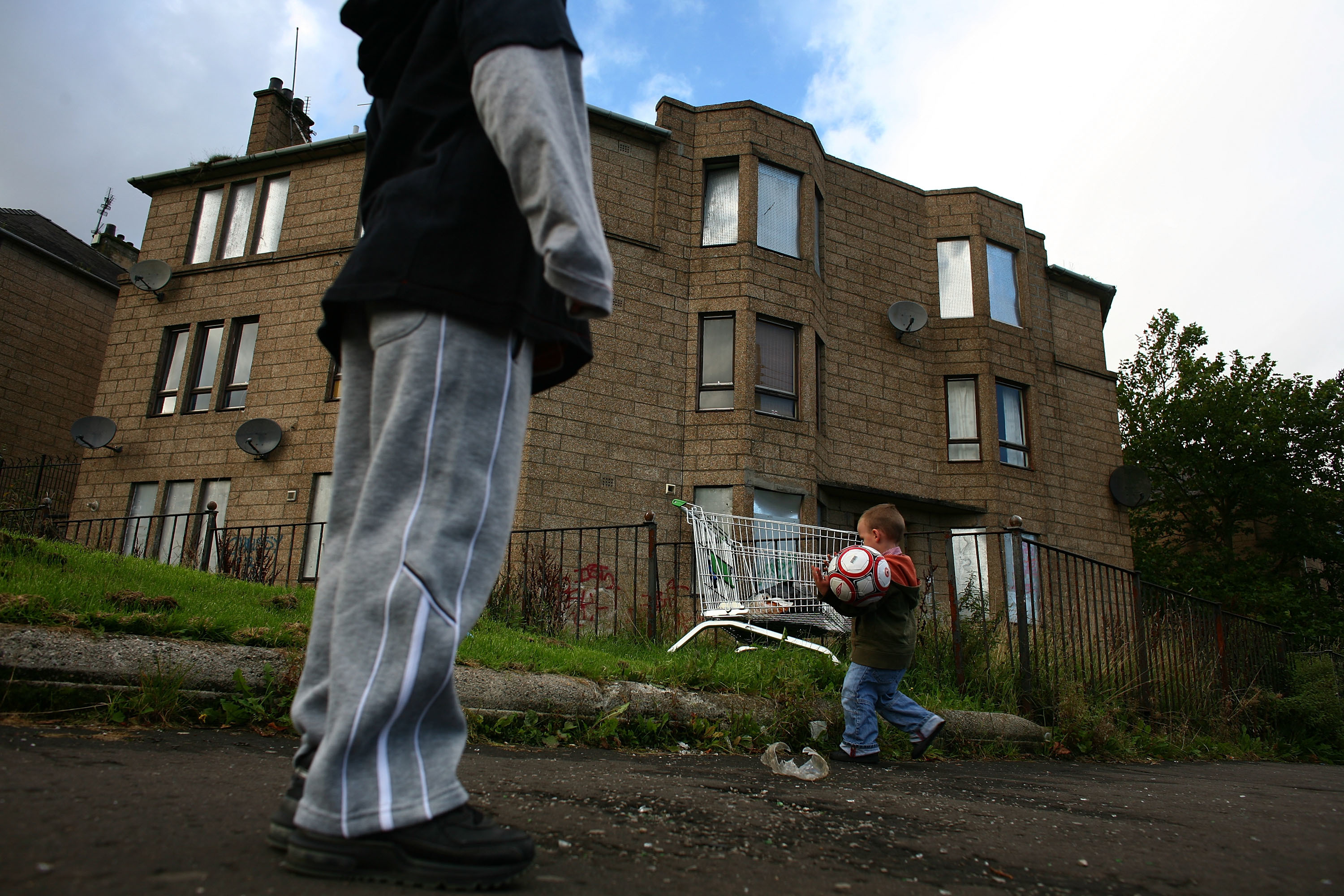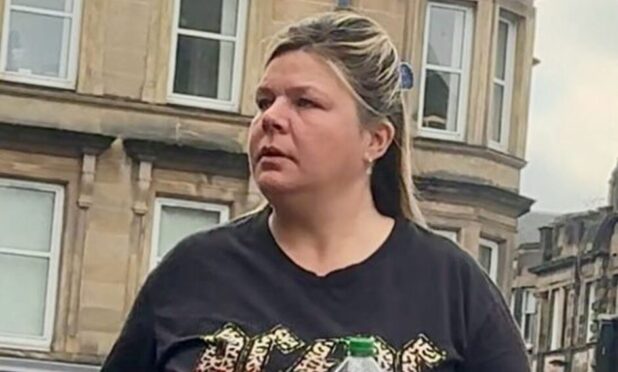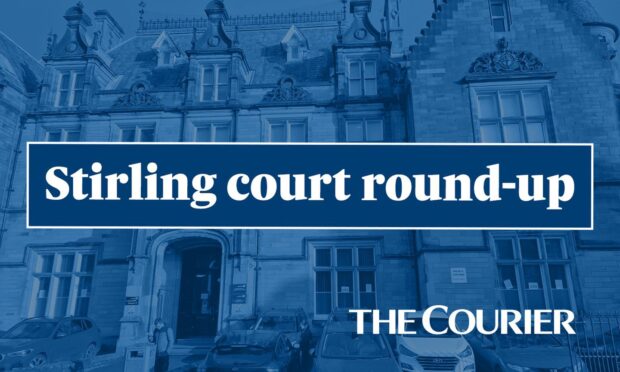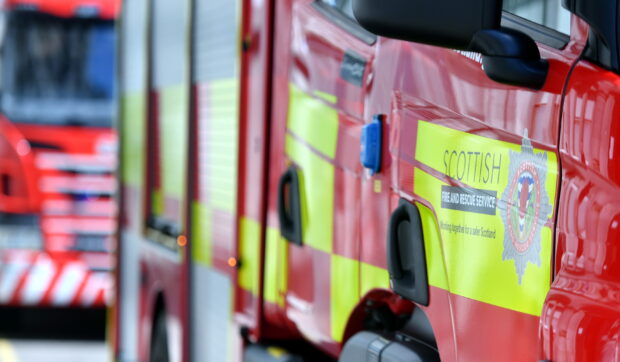The rich have got richer in Scotland while more working households have descended into poverty, according to official figures.
The top 10% of earners saw the largest increases in income in 2014/15 while the proportion of poverty-stricken working households increased, according to Scottish Government statistics.
Incomes for poorer households increased but not as much as for middle-income households, so relative poverty – income required to maintain a minimum average standard of living – increased before housing costs and remained static after housing costs.
Those in absolute poverty – lacking basic human needs like food and shelter – remained unchanged before housing costs but decreased after housing costs.
The report states: “The proportion of people in poverty in working households increased in the latest year.
“The move into employment was largely into part-time work, especially for women, meaning that while people were in employment, they remained in poverty.
“In 2014/15, income inequality increased. The top 10% of households saw the largest increases in income while the bottom 10% saw no real change.
“This has stretched the income distribution, resulting in low-income households falling behind those in the middle and even further behind those at the top.”
Poverty Alliance director Peter Kelly said: “This will be made worse following the UK’s decision to leave the EU and the economic uncertainty that this will create.
“All of those who care about the protection of rights and social justice must work together to ensure that impact of the vote to leave the European Union does not fall most heavily on those already living in difficult circumstances.”
There has been a 13% rise in homeless children living in temporary accommodation.
Adam Lang, head of policy at Shelter Scotland, said this “should be unacceptable in 21st-century Scotland”.
Neil Mathers, Save the Children’s head of Scotland, said: “These latest figures should be the catalyst that creates a fairer start for every child in Scotland – in childhood, in school and throughout life.”
Martin Crewe, director of Barnardo’s Scotland, said: “Our services are reporting ever-greater levels of need with increasing numbers of families with children in crisis.”
Jackie Brock, chief executive of Children in Scotland, said: “In our work with schools and through dialogue with our members, we increasingly hear how poverty continues to blight children’s wellbeing and undermine life chances.”
Satwat Rehman, of End Child Poverty, said: “The scrapping of the Child Poverty Act represented a backward step in efforts to tackle child poverty.
“We welcome the fact that the Scottish Government opposed this and would now urge them to bring forward legislation in this parliament that re-establishes a target to eradicate child poverty.”
John Dickie, director of the Child Poverty Action Group in Scotland, said: “We urge Scottish ministers to now fill the legal gap left by the UK government’s abandonment of any strategic duty to end child poverty.”
Social Security Secretary Angela Constance said: “Despite spending £100 million a year tackling the negative impacts of the UK Government’s welfare changes, including fully mitigating the bedroom tax, people are still living in poverty.
“Not only does this spend have a direct impact on the money available for the Scottish Government to address the longer-term cycles of poverty, but the continued UK cuts mean the effect is limited to helping people to standstill – not improving their situation.
“The real-terms decrease in housing costs is welcomed, suggesting that our ambitious investment on affordable housing, and our changes to regulation in the private rented sector are targeted in the right areas.”










